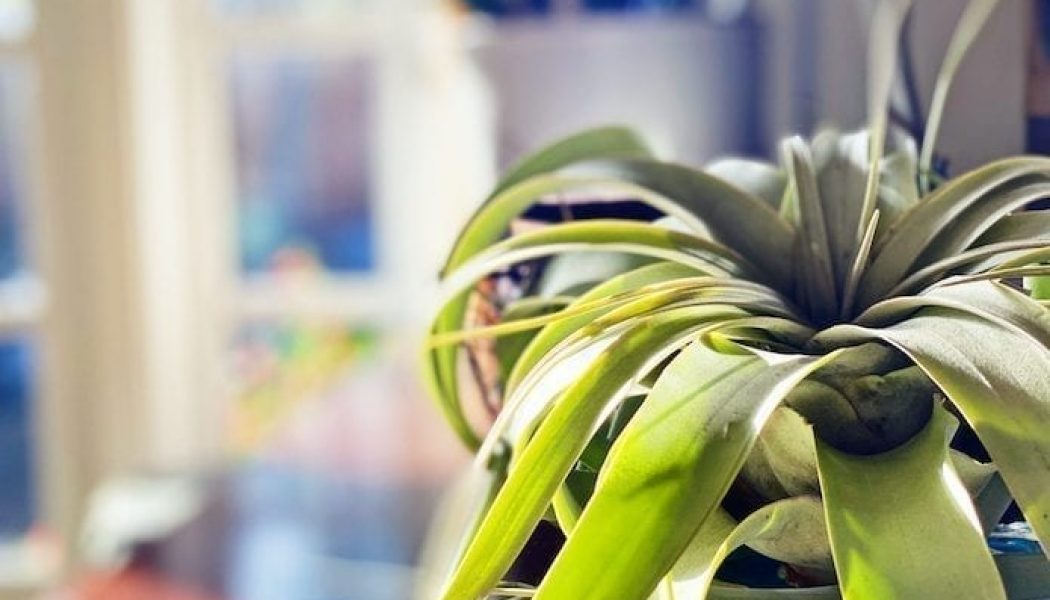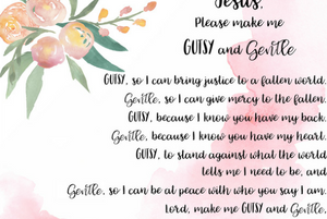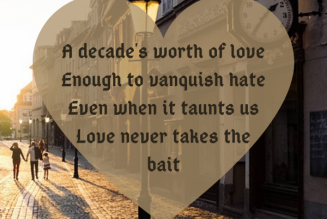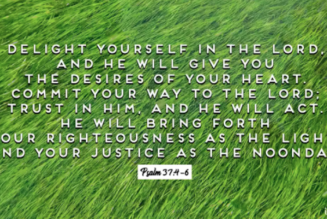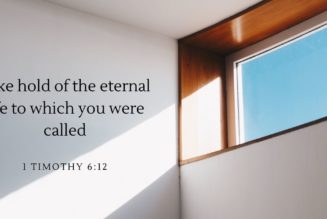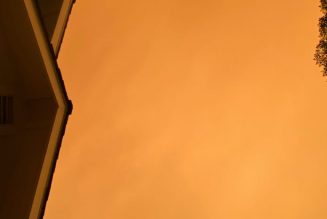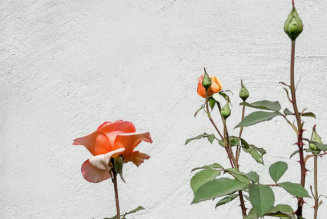5:30 am. I didn’t make it out to the studio behind our house but sat on the couch by the back door. When the sun rose, I could look out the windows and watch morning quilt together shades of light.
That was the plan.
But darkness stretches long in January. No light outside for a good hour. My reflection in the window’s glass all that I could see.
It was fine.

I had awakened from a dream, its details as easy to corral as squirrels cannonballing into burrows playing hide and seek. While I couldn’t remember the dream, a felt a tumble of emotions–angst and sadness spiced with apprehension and regret. My subconscious was troubling me, but I couldn’t figure out why.
Why was I feeling so heavy, so anxious? It was not comfortable. A feeling of topsy-turvy when I prefer straight lines. Even black and white stick figure drawings would be fine. Something I could see and understand.
So, what could I do? How could I attend to emotions I couldn’t even understand?
I did what any writer does.
I wrote.

When I started, I really didn’t know what I was writing about–except my confusion. I let my emotions lead, guiding me which way to turn. They gave me images to describe, color and texture to what was still fuzzy. It felt empowering somehow Words used as shields, weapons against clarity and mess.
There is power in naming what it is that is bothering us, even if we are unclear why we are feeling the way we do. Diane Seuss begins a poem with the line, “Let’s meet somewhere outside time and space,” and I take it as an invitation to use our mind’s observations as a tool to help us see–pursuing perception of deeper meaning within the images, and beyond them too.
“Let’s meet somewhere outside time and space
between the Song of Solomon and Isaiah where someone
pressed a trillium,
in the ice cream freezer at the State Line Dairy where the
black cherry was and is no
more, in the coffee can full of blue marbles, under the
jewelry box ballerina’s skirts…”Diane Suess
Using images of detail and color and imagination, Suess lists real world images both within and outside readily conceived boundaries of time and space. The end result is a compilation of images–both concrete and ephemeral–that invites the heart to breathe.

What would it be like if we used real world images around us to help us ponder, and further understand, ideas and memories we find perplexing, irritating, confusing, disappointing, magical, beautiful, transcendental, surreal?
I think there might be value in giving this a try.
So for this week’s Loop Poetry Project prompt, you are invited to write a poem–perhaps using concrete imagery (vivid sensory description)–to try to make sense of something your mind struggles to readily understand. For instance, perhaps you want to revisit a memory of something you experienced as a child that you found overwhelming, stressful, or confusing. Or, maybe you’d like to write a poem about something that is too horrible or too beautiful or too strange or too unexpected to easily comprehend. What astonishes you? What bothers you? What do you find maddening? Amazing? Too wonderful to say?

Try to write a poem where your heart and mind can meet “outside time and space.” There is much to be discovered and uncovered here. And, if you’d like–if it helps–feel free to model your poem after Suess’s, even using the first line, which is also the title: “Let’s meet somewhere outside time and space….” to get you started. I can’t wait to hear what you think about this. Remember, the purpose of writing poems here together is to pursue truth, the truth of our hearts, to uncover our heart’s deepest opinions and feelings and secrets. Poetry is our tool to listen to the heart’s most amazing things we would otherwise never hear it say.

When you have written your poem, consider sharing it on social media using #looppoetryproject as the hashtag so we can find you. And/or share your poetry in the private Loop Poetry Project group on Facebook. You can join here.
With you, writing for whole hearts,
jennifer

This post appeared originally at jenniferjcamp.com
